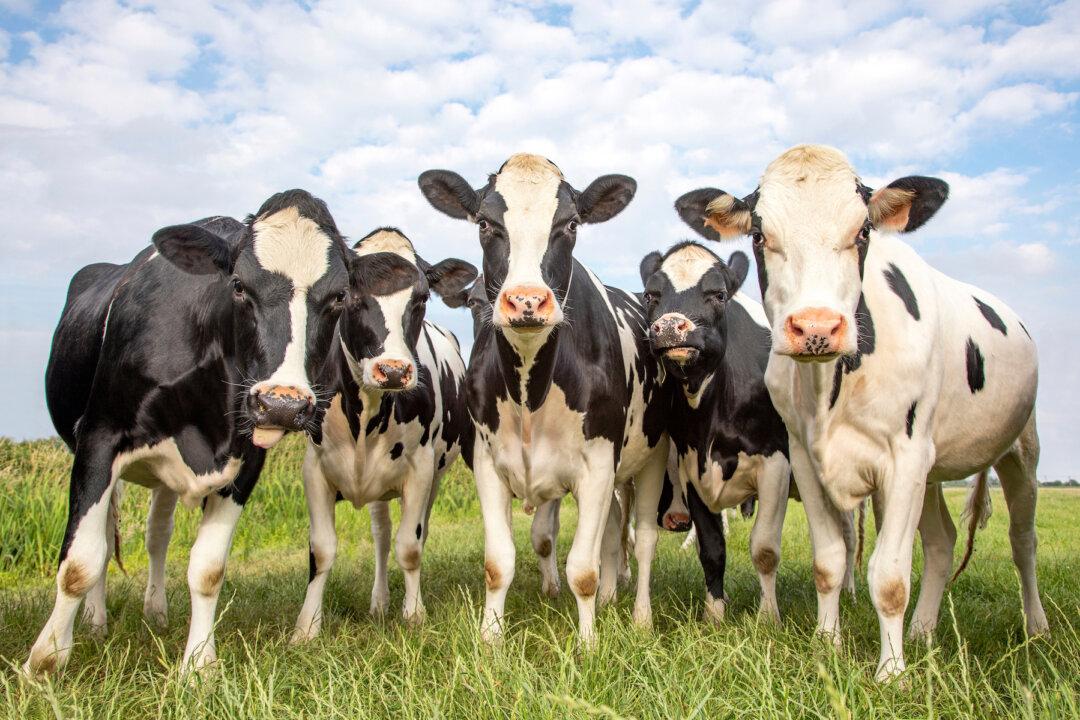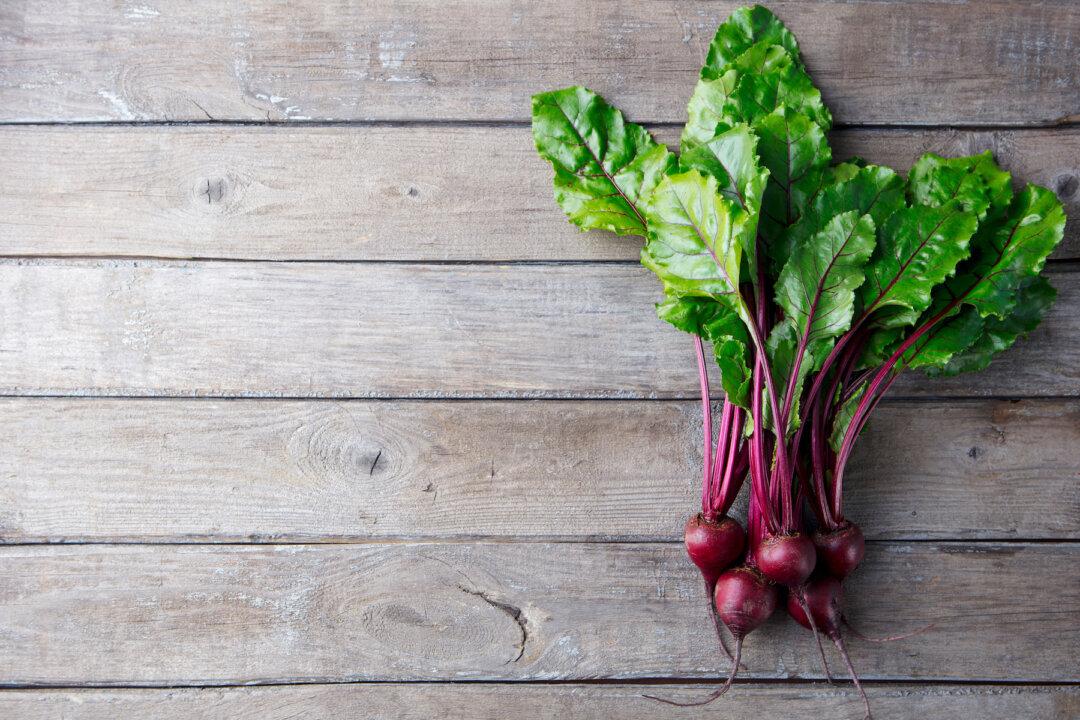Sure, we know that most conventionally produced meat isn’t the healthiest food. For instance, numerous studies linked the consumption of meat – loaded with toxic chemicals and synthetic antibiotics – to cancer and heart disease. Even “leaner” meats seem to be healthy only when eaten in moderation, because of the toxicity already mentioned.
Moreover, the meat industry is pretty rough on the planet, contributing to ozone depletion, antibiotic resistance, and animal cruelty. Supposedly to fix some of those issues, innovators have pushed gene-edited burgers for years now. Recently, the U.S. Food and Drug Administration (FDA) has heard their requests and has just approved the first gene-edited cattle.





